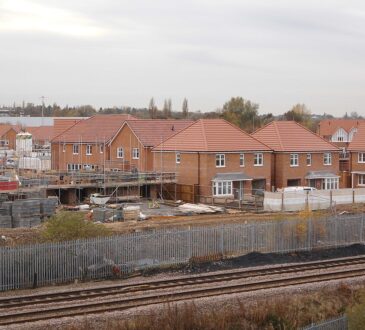
It would have cost the couple around £30,000 to upgrade their 200-year-old Devon cottage to meet green standards, an amount Connors says would make the property “unviable”. “We’re worried about all the extra regulation the Labour Party is going to come up with. It’s just not worth it, so we’re throwing in the towel. We want to sell before the Budget.”
The decision has changed the trajectory of their golden years. “We used to have two to three holidays a year, but we’ve cancelled one next month. It was £3,000 we couldn’t afford to spend.
“We’re going to holiday in the UK rather than going abroad from now on – basically thin down everything to cover the shortfall in our income.”
Connors worked for decades as a haulage contractor, then a hotelier and restaurateur. In all that time he has only taken two weeks off, due to illness. He believes the ratcheting up of regulations has punished honest landlords.
“It’s a bit rich that I can’t enjoy retirement after all that hard work,” he says. “It’s not what we expected at all.”
An opportunity for councils to make money
The raft of new regulations for the buy-to-let sector was meant to improve the quality of Britain’s rental stock. Many of these regulations make sense, such as gas and electricity safety certificates. Others, such as licensing, are less easy to defend.
Landlords letting “houses in multiple occupation” (HMO) – those with five or more tenants from multiple households – are required to have a licence, the cost of which can vary between local authorities. Failure to obtain a licence can result in landlords being fined and being forced to repay rent to tenants. London landlords have been fined as much as £45,000.
However, councils have the power to introduce additional “selective” licensing schemes, which require that all privately rented properties are licensed by the council. Critics have argued that cash-strapped local authorities are increasingly exploiting this rule to extract revenue from landlords.
“Councils saw licensing as an opportunity to make money,” says Greg Tsuman, of estate agents Martyn Gerrard. “Licences can cost £1,200 to £1,800 – it’s not chicken feed.”
The average cost of a licence is nearly £700. The number of local authorities with licensing requirements increased by 10pc between 2022 and 2023. Among them are councils, such as Birmingham, which have declared themselves bankrupt. In 2023, 47 English councils generated more than £20m from selective licensing schemes.
‘I’m always thinking about selling’
Mike Baldwin, 69, has been a landlord for 43 years. He rents out 12 properties in east Kent – investments that he and his wife Lesley are relying on for their retirement.
However, he’s worried that the regulatory situation is returning to the 1980s, before the introduction of the shorthold tenancy which gave landlords more control over their properties.




